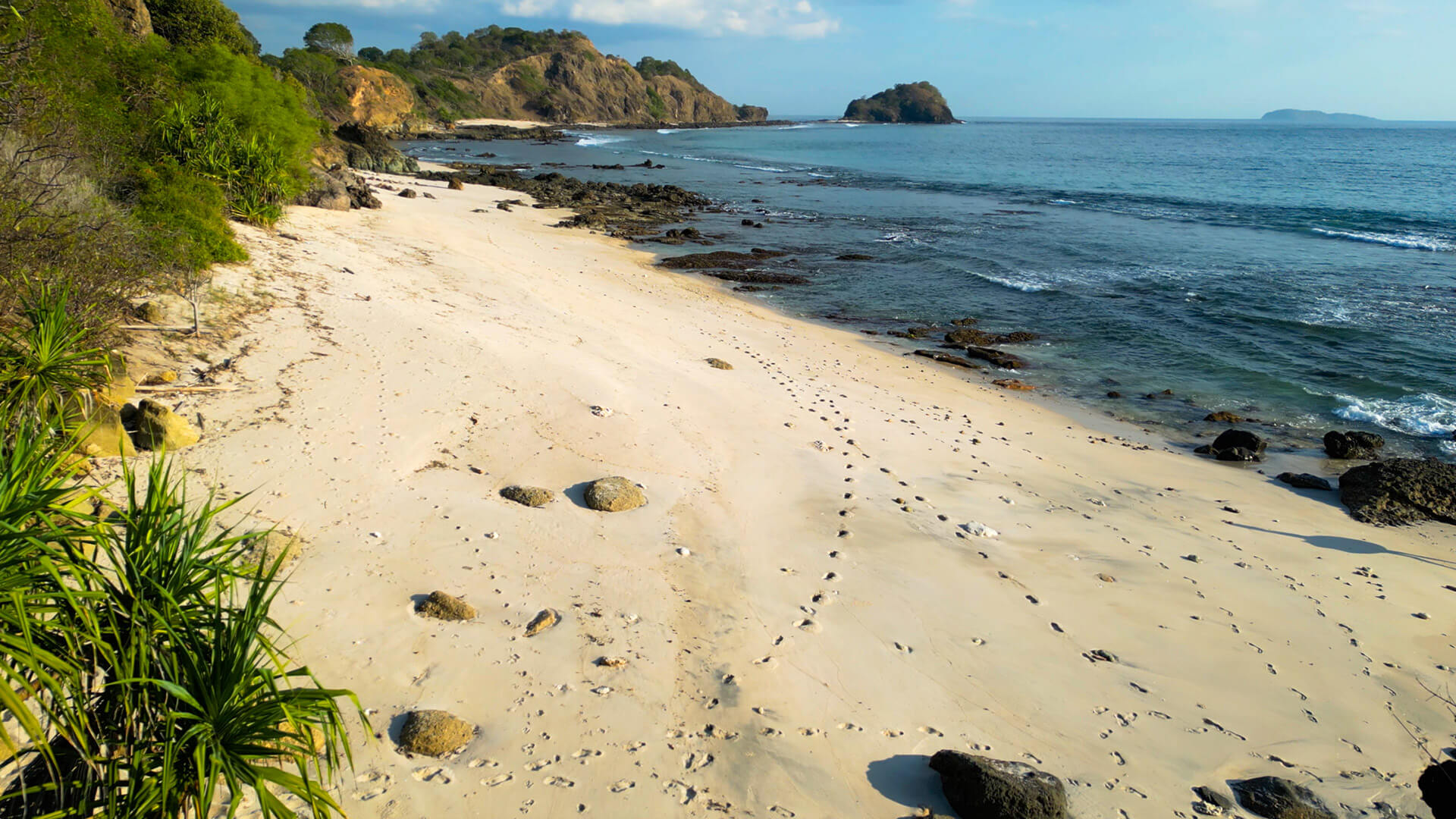Indonesia is a beautiful, generally friendly and alluring country with a lot going for it. It is a place that naturally attracts interest from foreigners who want to invest in land or build a holiday home. However it has its own cultures, laws, procedures and risks.
Here are some things to keep in mind when looking to buy / invest in land and villas:
- Land transactions are dealt with by notaries. Notaries are independent legal practitioners. Find a notary you trust, ask for a quotation up front listing all fees and taxes you will need to pay on the land transaction (eg buyer’s tax, notary fee, HGB fee). A good notary can work quickly and competently and reduce risk for you. You first need a good advisor to help you find a good notary.
- A good legal and business advisor who advises you as their client, ie they are on your side, is important. They will be your people on the ground who can advise you on laws, compliance, risks and procedures, liaise with the notary, help you with due diligence etc and generally protect your interests.
- Locals / Indonesians get better prices on things than foreigners. So preferably use trusted locals in your sourcing and negotiations.
- Perform due diligence on each land transaction. Check the land title. Check taxes are up to date. Check the zoning and building restrictions etc.
- Research the different types of land titles (eg HGB versus SHM) and the different legal options for investing (PT PMA, nominee, lease) and get advice on the advantages and disadvantages of each.
- Research zoning types and building restrictions. You can generally only build permanent (eg concrete) buildings on a set percentage of the land area. The restrictions are usually more lenient for non-permanent (ie wood only) structures.
- Indonesia has laws set by the Central Government. However each province also has its own culture, rules, ways of doing things. Get to know an area before you invest. Some areas are far more foreign investor friendly than others. Some areas have troublemakers.
- Each “village” has a Chief of the Village. These people are important.
- In fact, the whole village is important. They operate as a “microcosm” in some ways. So you need to comply with village rules and show respect to your village neighbours.
- Building permits are required to build. Though sometimes you can’t get a building permit until you are halfway through the build.
- In Indonesia they refer to land sizes in terms of “are”. One are is 100 square meters.
- In Indonesia they switch commas and full stops for numbers. So, for example:
- US$300,000 would be US$300.000
- 1.9 ha would be 1,9 ha.
- There are generally ocean protection zones for a certain number of meters from the ocean, relevant to beachfront lots.
- Water is frequently accessed via digging a well. Where there is no good groundwater you need to truck water in eg Uluwatu.
